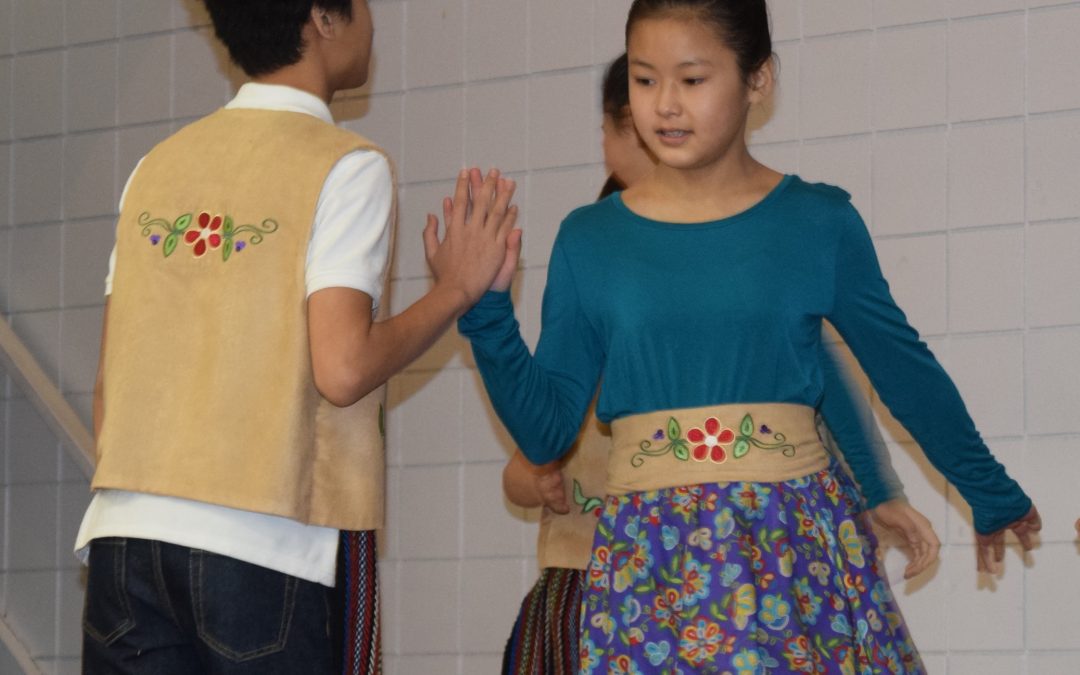For the first time in Canada, the Métis Red River jig will be studied to determine potential health impacts. Heather Foulds, an associate professor of kinesiology with the University of Saskatchewan will examine what the benefits are on heart health, cardiovascular fitness and blood pressure in a series of tests.
“Things like how much oxygen they’re using when they’re exercising and what their heart rate and blood pressure are. We can get sense of how intense this exercise is and how fit people are,” said Foulds. “We can compare the intensity of jigging to other types of exercise such as step aerobics or going to the gym.”
The first part of the study will see how beneficial the exercise is to expert jiggers, followed by regular gym participants.
Fould says she hopes jigging will inspire Indigenous reconciliation.
“Jigging is a core part of Métis culture, and like other Indigenous activities and games, requires extensive physical fitness, historically promoting strength and health plus a sense of community and culture. For hundreds of years, Métis jigging has been practiced in Canada, but this is the first study to link a traditional activity to possible improvements in heart health,” Foulds said.
Although people of all ages and fitness levels can take part, experienced jiggers can perform up to 10,000 steps in a 30-minute class.
The $120,000 research project was funded by the Saskatchewan Health Research Foundation.
